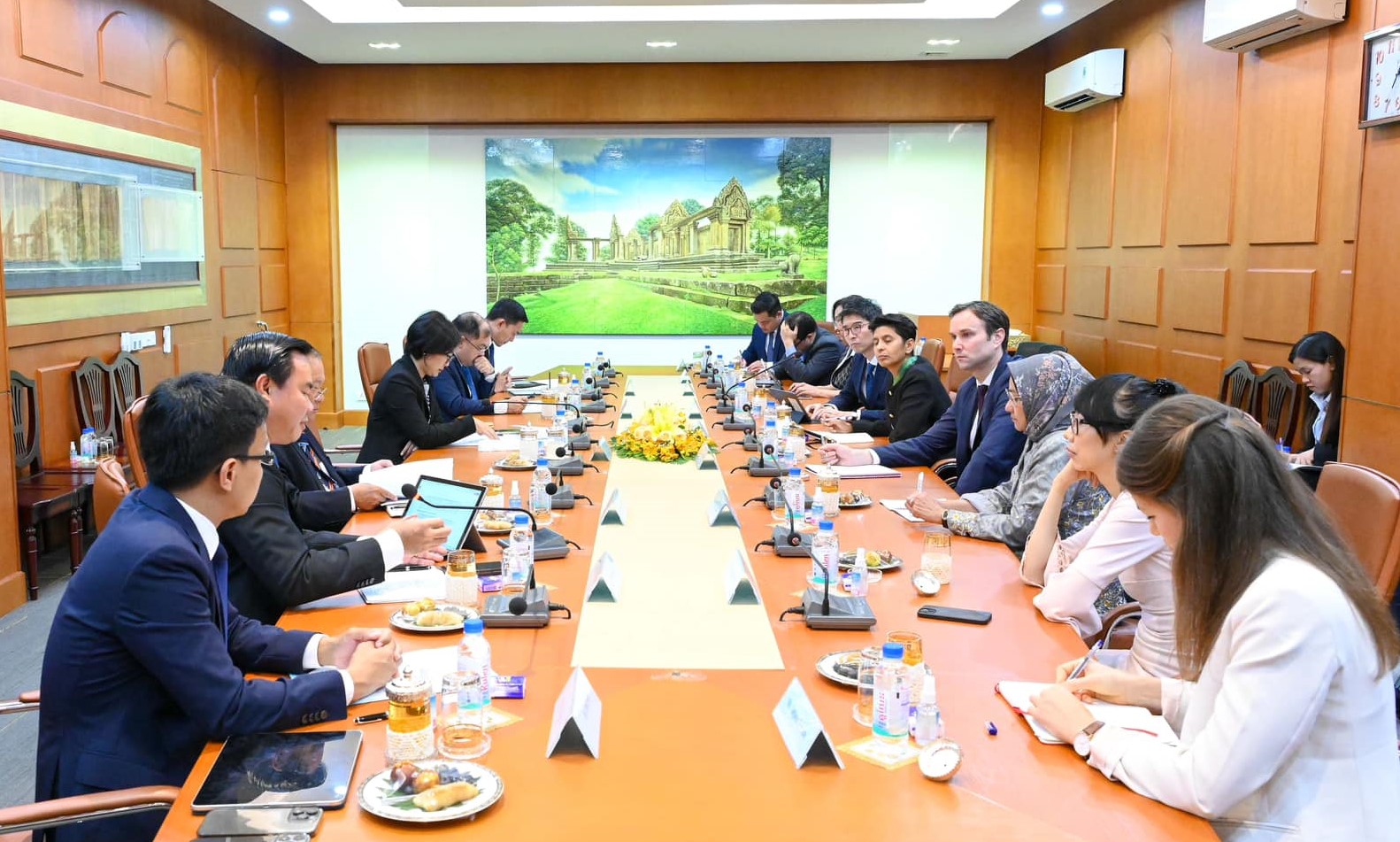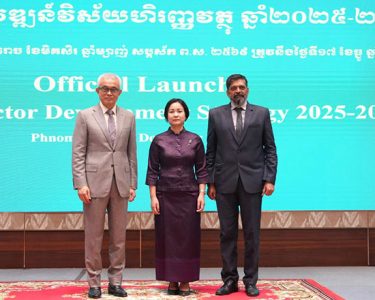Cambodia Investment Review
Cambodia’s economy is projected to slow in 2025, with the International Monetary Fund warning that regional tensions, trade policy uncertainty, and rising financial sector risks are weighing on the country’s outlook.
An IMF mission led by Kenichiro Kashiwase concluded its Article IV consultation in Phnom Penh this week, forecasting growth at 4.8% in 2025, down from 6% in 2024, when garment exports, agriculture, and tourism drove a strong rebound. Inflation is expected to edge up to 2.8% but remain under control.
Risks Tilted to the Downside
The IMF cautioned that Cambodia faces “considerable downside risks,” citing the border dispute with Thailand—even under a recent ceasefire—and global trade uncertainty. Both could depress exports, tourism flows, and remittances, the fund said.
The financial sector is also flashing warning signs. Non-performing loans (NPLs) have climbed above 7%, particularly in the tourism and real estate sectors, raising concerns about potential stress among households and corporates.
On the upside, reintegrating migrant workers returning from abroad could help lift domestic consumption and partially offset external shocks, the IMF noted.

Policy Priorities
The Fund urged Phnom Penh to strike a careful balance between near-term support and longer-term discipline. Fiscal policy should temporarily support vulnerable households and displaced workers, while a credible medium-term revenue strategy—centered on cutting tax exemptions and tightening compliance—is needed to rebuild fiscal buffers.
Monetary policy, meanwhile, must remain “agile” in navigating the uncertain environment, with continued reforms by the National Bank of Cambodia to strengthen its monetary framework and advance de-dollarization.
Financial stability remains a top concern. The IMF welcomed government efforts to address rising NPLs but called for stronger supervision of banks and non-bank institutions exposed to real estate, as well as enhancements to crisis management and bank resolution systems.
Push for Structural Reforms
With Cambodia on track to graduate from Least Developed Country status by 2029, the IMF said accelerating structural reforms is critical to sustaining growth. Priorities include improving the business climate, tackling corruption, strengthening the rule of law, and investing in human capital.
“Cambodia must diversify growth drivers and build resilience,” Kashiwase said, emphasizing that better governance, property rights, and social safety nets would help attract foreign investment and support a transition toward higher-value industries.
The IMF also urged improvements in economic data quality and inter-agency coordination, pledging continued technical assistance.
The mission, which took place from August 20 to September 2, included discussions with senior Cambodian officials, the central bank, private sector leaders, and development partners.





